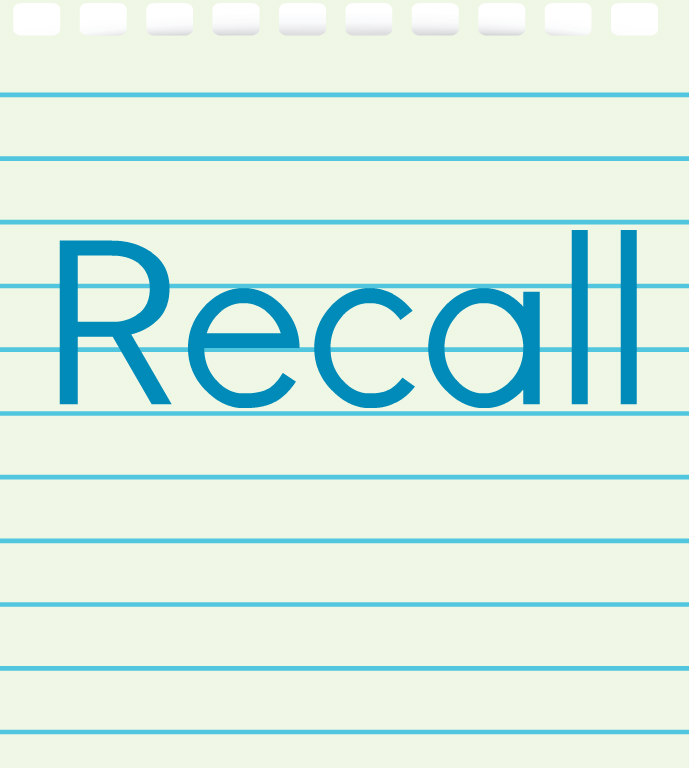The FDA has responded to an Office of the Inspector General (OIG) report stating that the agency is slow to respond to critical food recalls. The final version of the report looked at recall practices from October 1, 2012 to May 4, 2015.

FDA Commissioner Scott Gottlieb said, “Making sure the FDA has effective recall practices in place, and that we take immediate action to address unsafe foods, are high priorities of mine. Our recall authorities – and how we deploy them – are a cornerstone of our vital, consumer protection mission.”
The FDA response stated that the most efficient way to ensure unsafe foods are quickly recalled is to work directly with the companies and giving the public information about the recall. The FDA is going to issue guidance on recall communications in the first half of 2018, particularly, looking at situations to help consumers get information about stores where the products may have been sold and what companies may have supplied the products.
Most recalls for hazardous food products occur within four calendar days of the discovery of the problem. When the company does not cooperate, FDA can mandate some product recalls.
Gottlieb said that sometimes the recall process doesn’t work as well as they would like. The FDA is “taking the OIG recommendations to heart,” according to the response. For instance, in April 2016, a team of senior leaders was established to review complex or unusual food safety situations and to determine the proper action. This team meets weekly, at a minimum.
This team, called Strategic Coordinated Oversight of Recall Execution, or SCORE, has made a difference in recall situations, according to Gottlieb. Some of the recalls they have overseen have included lead contamination in a dietary supplement, Salmonella contamination in powdered milk, E. coli O157:H7 in soy nut butter, and Listeria monocytogenes in hummus, soft cheese, and smoked fish.
SCORE initiated or helped expedite the process for suspending the registration of two food facilities in those recalls. That action blocked the facilities’ ability to distribute food to the marketplace.
And the FDA put a new strategic plan in place to outline actions to improve the recall management. The plan will standardize how the FDA assesses a company’s recall efforts, and provides additional training to staff.




